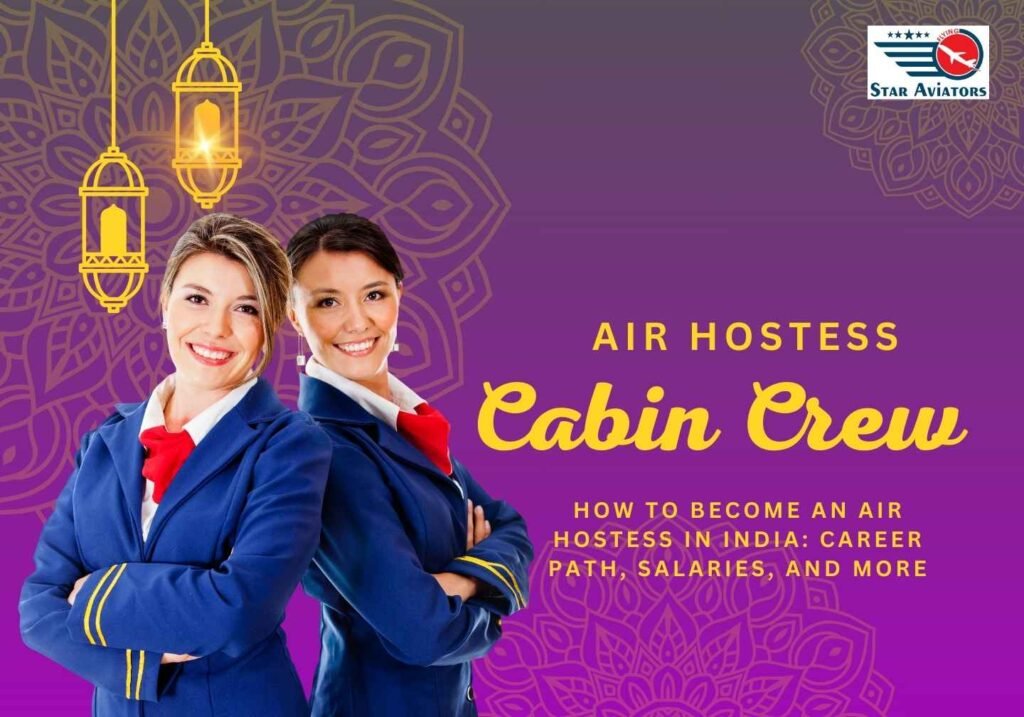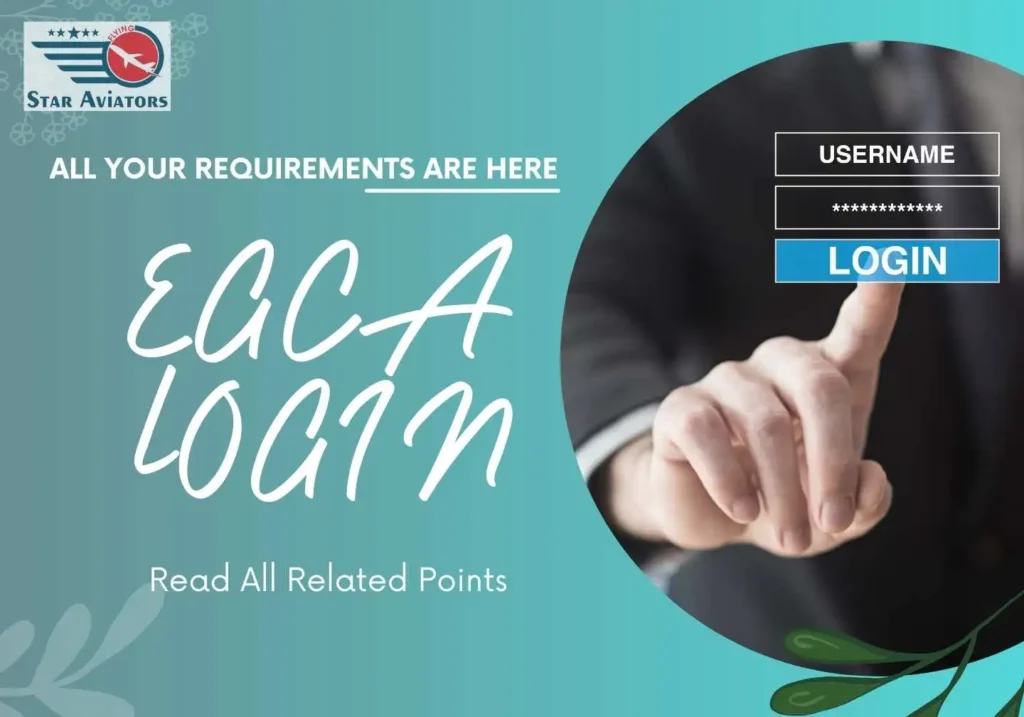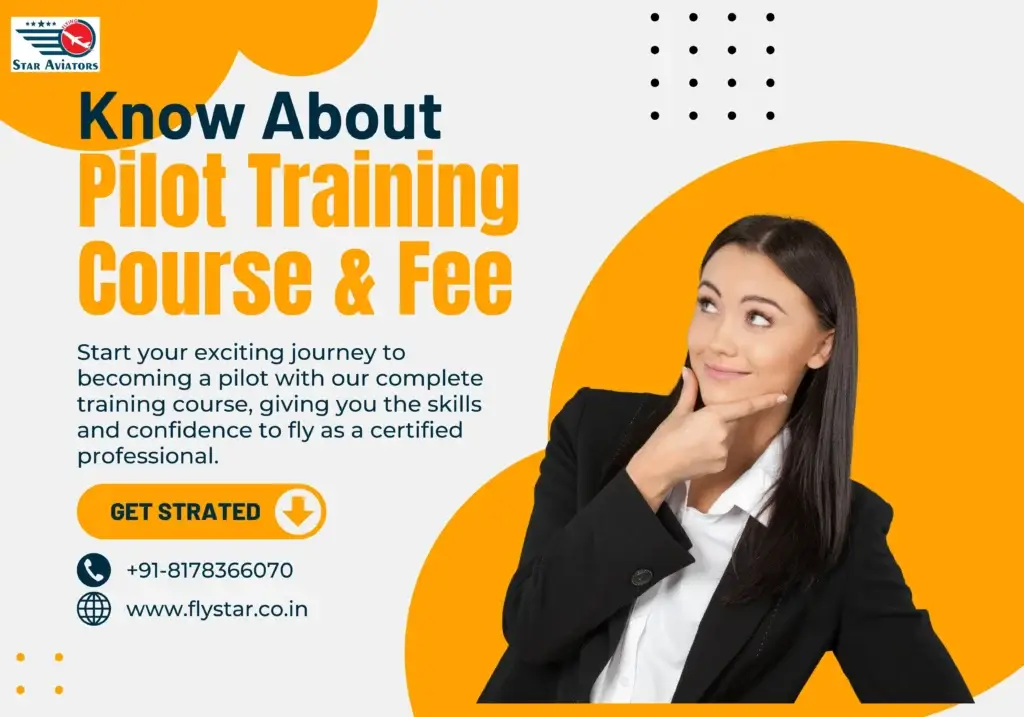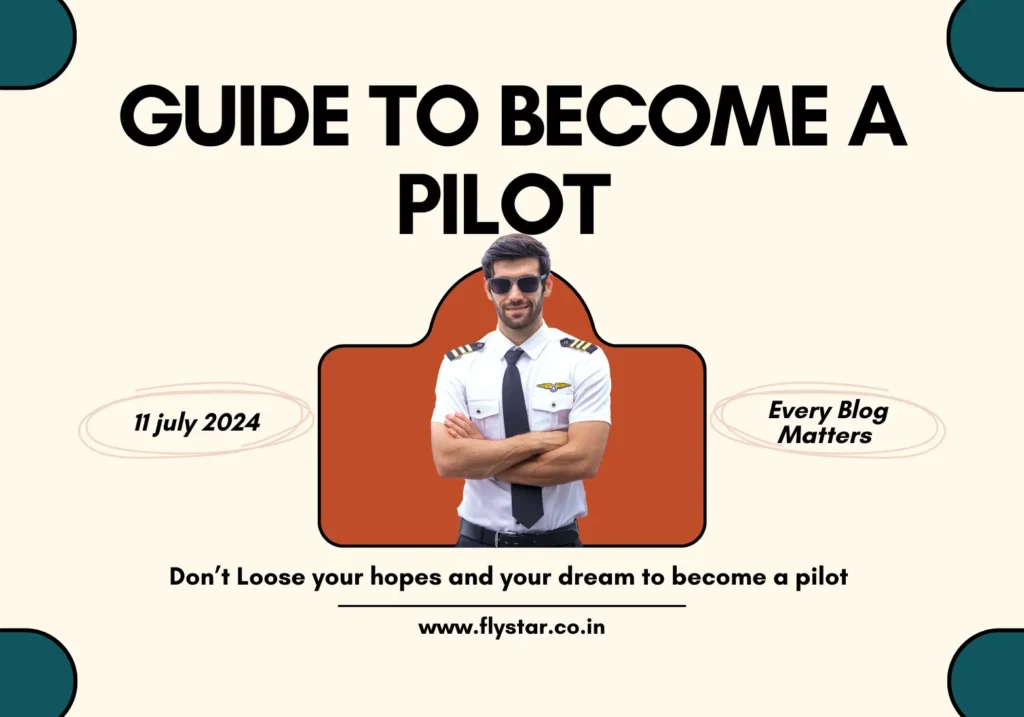How to Become an Air Hostess in India: Career Path, Salaries, and More
How to Become an Air Hostess in India: Career, Salaries, and More Becoming an air hostess, or cabin crew member, is an exciting job. It lets you travel, meet new people, and earn a good salary. In India, job seekers highly seek this career, and top airlines offer attractive packages and benefits. This article will explain what you need to know about a career as an air hostess. The coverage includes salaries, job duties, differences between air hostesses and cabin crew, and important courses. What is an Air Hostess or Cabin Crew? An air hostess is a member of the flight crew responsible for passenger comfort and safety during the flight. She makes sure passengers are safe and comfortable. She also provides service during flights. The term “air hostess” usually means female crew members. However, people in this role, both men and women, call themselves “cabin crew.” Although they share the same responsibilities, people in India often use the terms “cabin crew” and “air hostess”. Key Responsibilities of Air Hostesses/Cabin Crew: Ensure passenger safety through pre-flight safety demonstrations. Provide food and beverages to passengers. Respond to passengers’ queries and provide assistance. Handle in-flight emergencies professionally. Air Hostess and Cabin Crew Difference “Air hostess” refers to a female flight attendant, while “cabin crew” includes all flight attendants, both male and female. Although both are responsible for passenger safety and comfort, their meanings and responsibilities are not exactly the same. While both terms refer to professionals responsible for passenger safety and service, there are key differences between them. Role And Scope An air hostess is a female flight attendant who keeps passengers safe, comfortable, and happy during a flight. Though people once used the term “air hostess” only for women, today both men and women work as flight attendants. Their main jobs include making sure passengers are comfortable, serving food and drinks, handling emergencies, and explaining safety procedures. On the other hand, cabin crew is a broader term that encompasses all flight attendants, regardless of gender. It includes not only air hostesses but also male flight attendants (often called stewards). Cabin crew includes flight attendants, leaders, supervisors, and managers. They work together to keep the cabin running smoothly during the flight. While their duties are similar to those of an air hostess, senior members have extra leadership responsibilities. Work Environment and Team Dynamics The term cabin crew shows a team approach. Different people, including flight attendants, work together to ensure good service and safety. Senior cabin crew members, like the cabin supervisor or in-flight manager, lead the team. They support the air hostesses and other flight attendants. They ensure that the crew works efficiently, manages emergencies, and attends to passengers’ needs. In contrast, flight attendants focus more on customer service and interacting with passengers. They ensure passengers are comfortable and address their concerns. Though the roles overlap, people generally see air hostesses as part of the broader cabin crew team. Thus, while all air hostesses are part of the cabin crew, not all cabin crew members are air hostesses. Air Hostess Salary in India The salary of an air hostess in India varies depending on factors like the airline, experience, and position. Here’s an overview of air hostess salaries across different airlines: Category Salary (per month) Salary (per year) Domestic Airlines (India) ₹25,000 – ₹50,000 ₹3,00,000 – ₹6,00,000 International Airlines ₹75,000 – ₹2,00,000 ₹9,00,000 – ₹24,00,000 Senior Air Hostess ₹70,000 – ₹1,25,000 ₹8,40,000 – ₹15,00,000 Head Cabin Crew ₹1,00,000 – ₹2,50,000 ₹12,00,000 – ₹30,00,000 Private Jet Cabin Crew ₹1,50,000 – ₹3,00,000 ₹18,00,000 – ₹36,00,000 IndiGo Air Hostess Salary: IndiGo Airlines, one of India’s largest carriers, offers competitive salaries for air hostesses. New hires can expect a starting salary of around INR 25,000 to INR 30,000 per month, which increases with experience. Senior air hostesses may earn over INR 50,000 monthly, excluding bonuses and perks. Air India Cabin Crew Salary: Air India, as a government-owned airline, offers attractive pay packages and benefits. New cabin crew members can expect a salary of INR 30,000 to INR 40,000. Experienced staff can earn up to INR 75,000 or more. They also receive travel allowances and benefits. Average Air Hostess Salary in India: Most airlines in India pay air hostesses an average monthly salary of INR 25,000 to INR 50,000. Experienced professionals earn more than this. Senior cabin crew positions and international airlines offer even more lucrative packages. Pilot Salary in India Pilots, as key personnel in aviation, command much higher salaries compared to cabin crew. A commercial pilot in India earns between INR 1.5 lakh and INR 6 lakh each month. The salary can differ depending on the airline, the type of aircraft, and how experienced the pilot is. IndiGo Pilot Salary: A pilot at IndiGo Airlines, India’s biggest low-cost airline, can earn between INR 2 lakh and INR 5 lakh each month. Their salary depends on their experience and job title, such as First Officer or Captain. Commercial Pilot Salary: Commercial pilots in India earn on average between INR 1.5 lakh and INR 6 lakh per month. Senior captains on international flights often make considerably more allowances and bonuses. Additional Roles in Aviation: Ground Staff Along with pilots and cabin crew, the aviation industry depends on a team of ground staff. They keep airport operations running smoothly. They play a crucial role before, during, and after flights, ensuring safety, efficiency, and customer satisfaction. Key Responsibilities of Ground Staff Ground staff are responsible for a wide range of tasks, from handling passengers to ensuring aircraft readiness. Some key duties include: Check-in and Ticketing: Ground staff assist passengers with check-in, baggage handling, and ticketing. They ensure that staff enters passengers’ information correctly into the system. They also ensure that workers load bags safely onto the aircraft. Baggage Handling: One of the most vital tasks of ground staff is managing baggage. This includes checking in, tagging, loading, and unloading luggage, as well as handling lost or delayed bags. Ground staff follow all security procedures, such as screening






